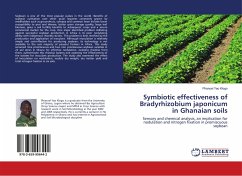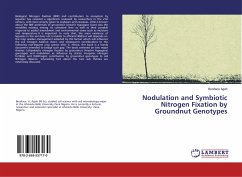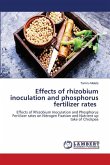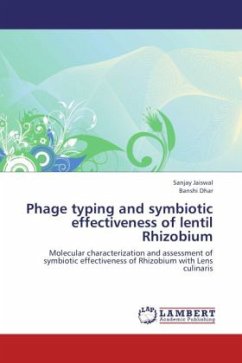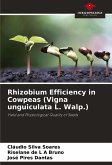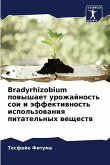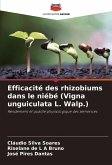Soybean is one of the most popular pulses in the world. Benefits of soybean cultivation over other grain legumes commonly grown by smallholders such as groundnuts, cowpea and common bean include lower susceptibility to pest and disease, better grain storage quality, large leaf biomass, gives a soil fertility benefits to subsequent crops and a secure commercial market for the crop. One major identified problem militating against successful soybean production in Africa is its poor nodulating ability with indigenous rhizobia strains. This problem is best rectified by the production and application of inoculant. Although inoculation is relatively simple and cost-effective for producing soybean, its technology is not available to the vast majority of peasant farmers in Africa. This study screened nine promiscuous and two non promiscuous soybean varieties in 22 soil series in Ghana for effective nodulation, isolating rhizobia from them, authenticate this rhizobia isolates and assessingthe effectiveness of the isolates for inoculant production. The study also examined the effect of inoculation on nodulation, nodule dry weight, dry matter yield and total nitrogen fixation in six soils.
Bitte wählen Sie Ihr Anliegen aus.
Rechnungen
Retourenschein anfordern
Bestellstatus
Storno

